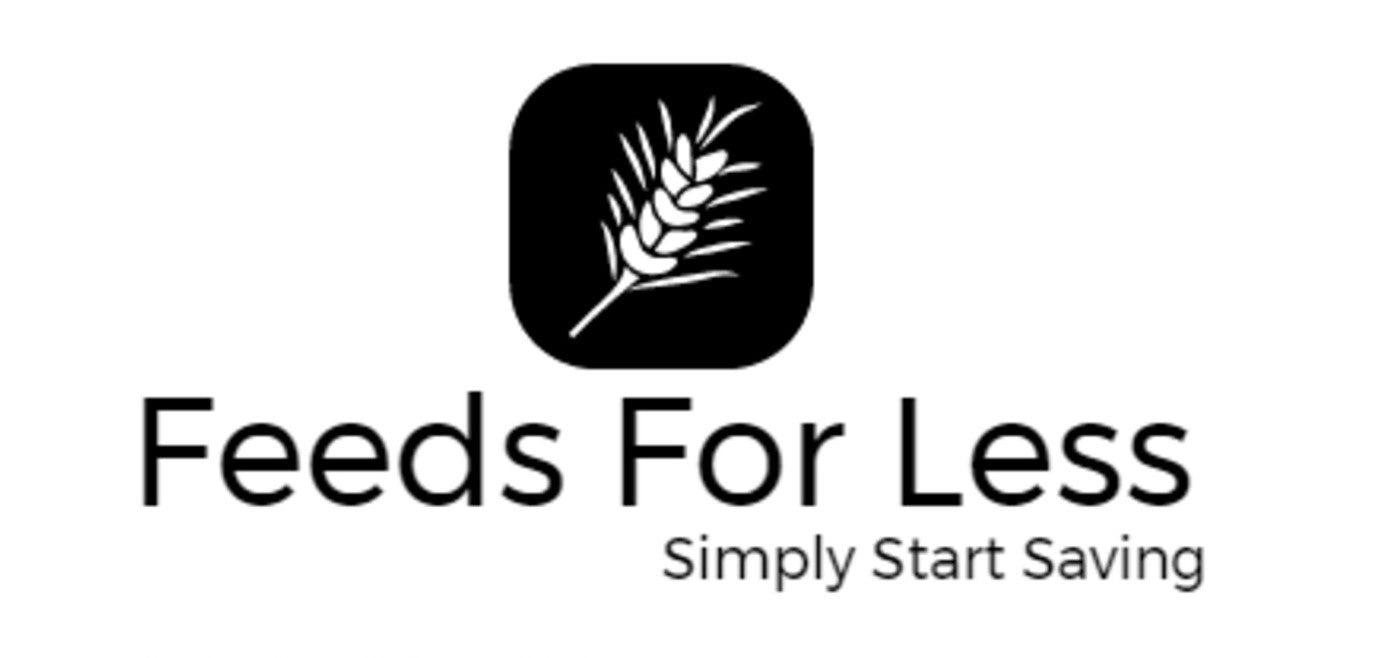Kelp Meal
Use: Feed Supplement
Kelp are large seaweeds, of which 300 different types exist. Commonly known as Norwegian Kelp or Rockweed, Ascophyllum nodosum grows exclusively on the coasts of the North Atlantic and is particularly abundant in Canada. It has been used for centuries as a natural feed supplement. Today, it is dehydrated after harvest, then ground or milled into small flakes.
Ascophyllum nodosum is widely recognized as the richest marine plant for agricultural use. It contains over 60 vitamins and minerals. It fulfills the requirements in animals for trace elements that are often lacking in land-grown feeds and pastures due to erosion or leaching, and standard mineral mixes. Because the minerals are in plant tissue, they are easily digested and assimilated.
A breeder of Holsteins in Ontario believes kelp meal helps build a stronger bone structure and that the chelated trace minerals help keep the cows healthy. He observes that heat cycles are stronger. His embryo flushing program averages 10 no.1 embryos per flush compared to a breed average of five. He also observes that kelp meal combats mould in feed.
Benefits
The large number of vitamins and minerals in kelp contribute to keeping animals healthy.
Cattle and Dairy:
- Reduces mastitis and abortion rates.
- Improves milk production and weight gain.
- Strengthens immune response.
Hogs:
- Reduces liver parasites.
- Improves digestion and carcass quality.
- Increases feed consumption, weight gain and fertility.
Horses:
- Stimulates the thyroid gland.
- Increases fertility.
- Calms nervous horses.
- Treats iodine deficiency.
Poultry:
- Reduces mortality.
- Improves egg production, egg quality, lipid metabolism and immune response.
- Increases feed consumption and weight gain.
Sheep and Goats:
- Reduces weight loss in winter and mortality from white muscle disease.
- Increases fertility.
Directions for Use
If fed directly by controlled dosage:
- Cattle: 2 – 5 oz or 57 – 150 g/day. Free choice for range cattle.
- Calves and heifers: 1 – 2 oz or 28 – 57 g/day.
If mixing with complete feed:
- Hogs: 50 lb/ton or 25 kg/tonne of ration.
- Horses: Mix 1 oz or 28 g in the daily ration.
- Foals and Ponies: 0.5 oz or 14 g in the daily ration.
- Poultry: 1% of ration.
- Sheep and Goats: 2% of ration.
- Feed to young animals at 1% of ration (20 lb/ton or 10 kg/tonne).
- Feed to animals under stress or deficient animals at 5% of ration (100 lb/ton or 50 kg/tonne).
- Mix directly when feed is ground and blended or top – dress over feed.
Caution:
- Beware of iodine toxicity (40 mg/day) in horses fed too much kelp.
- Beware of feeding too much kelp to mares in foal and lactating mares. Excess iodine is accumulated in the placenta and the milk. Foals of mares fed on diets with a high level of iodine have a chance of developing iodine toxicity. Foals born to mares with an excess of iodine in the placenta may be born very weak or even dead and may develop bone or skeletal abnormalities.
Kelp Meal Info Article
Kelp Meal For Animals PDF Info
Cost Per Bag is $FOB (Freight Cost on Buyer) US Dollars.(use Shipping Calculator Here)
Sold By FeedsForLess.Com Direct.
Mix And Match Available! Create your own custom Pallet of any type of 50 Lb Bag of Feed and save on shipping cost. A full Pallet is (40 to 50) 50 lb bags.
Cost Per Ton is $FOB (Freight Cost on Buyer) US Dollars.
Sold By FeedsForLess.Com Direct.




